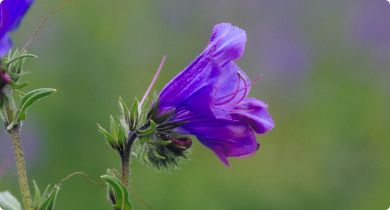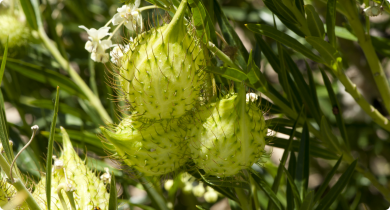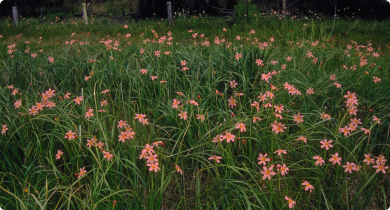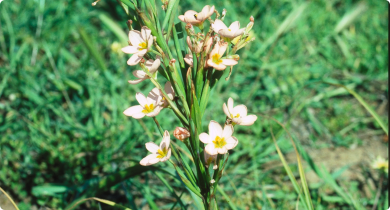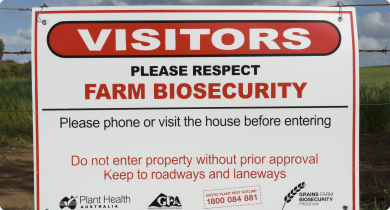Control methods
Pests, weeds and diseases (pests) pose serious risk for primary producers as they can impact on market access and agricultural production. Pest control is best achieved with an Integrated Pest Management plan using a range of biological, chemical, mechanical, physical or cultural control methods.
To reduce the impacts of pests, the Department of Primary Industries and Regional Development:
- works with landholders and grower/community/biosecurity groups on control
- provides diagnostic services and information on prevention, management and treatment
- provides biosecurity measures to prevent introduction, and to eradicate or manage current pests.
For advice on control methods search our website or contact our Pest and Disease Information Service (PaDIS).
Articles
Filter by search
Filter by topic
- Pests (3) Apply Pests filter
- (-) Remove Mechanical, physical and cultural filter Mechanical, physical and cultural
- Diseases (3) Apply Diseases filter
- Crops (3) Apply Crops filter
- (-) Remove Nematodes filter Nematodes
- (-) Remove Grains filter Grains
- (-) Remove Fungi filter Fungi
- Wheat (2) Apply Wheat filter
- Crop diseases (2) Apply Crop diseases filter
- Viruses & virus-like (2) Apply Viruses & virus-like filter
- Chemicals (2) Apply Chemicals filter
- Barley (2) Apply Barley filter
- Pest insects (1) Apply Pest insects filter
- Oats (1) Apply Oats filter
- Pulses (1) Apply Pulses filter
- Weeds (1) Apply Weeds filter
- Lupins (1) Apply Lupins filter
- Fungicides (1) Apply Fungicides filter
- Bacteria (1) Apply Bacteria filter
- Canola (1) Apply Canola filter
- Crop weeds (1) Apply Crop weeds filter
- Grains research & development (1) Apply Grains research & development filter

